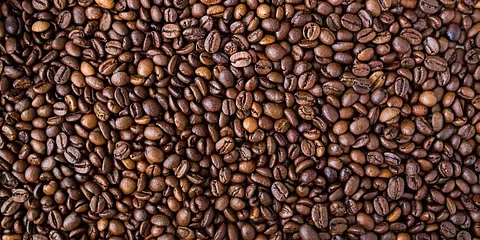

KOCHI: The proposed coffee park in Wayanad aims to bring into its fold 2,000 small landholder farmers in its first tranche, and further expanding to bring on board 10,000 farmers over a period of three years.
This was the key outcome of a four-day 'Negative Emissions Webinar Series' from August 11-21, bringing together participants and stakeholders from academia, industry and the government to deliberate on strategies and techniques to attain 'Carbon neutrality Wayanad'. State finance minister and coir TM Thomas Isaac made the keynote address.
The proposed Coffee Park at Wayanad, which will cover an area of 100 acres and a surrounding 5000 acres of coffee growing land, seeks to bring in integrated and sustainable solutions in coffee growing, processing and marketing. "About 85 per cent of the robusta coffee is grown by small and marginal farmers in Wayanad. A multitude of problems are faced by the farmers in terms of lack of value addition, lack of fair price realization and others," a release said here.
With a projected capacity of processing 10 tonnes of fruits per day, the wet processing unit would be the first of its kind integrated unit in Kerala. "This would be branded and sold as 'Malabar Kaapi', living up to Kerala's adage of 'For Us, By Us'", it said.
Officials said no transformation of Wayanad will take place unless the model provides for immediate economic returns and has people's participation. The Wayanad Coffee Park will have facilities for processing of diversified produces from the small farmers including spices, herbs and jackfruit.
The 'Carbon Neutral Wayanad Coffee Park' is being established by Kerala Industrial Infrastructure Development Corporation (Kinfra) and will be supported by Kerala Infrastructure Investment Fund Board (KIIFB). Close to five hectares will be earmarked for demonstration of integrated sustainable farming of shade-grown coffee and deployment of state-of-the-art technologies.
V Venu, member secretary, Kerala State Planning Board, Prof PV Aravind, TU Delft Climate Institute, Suprabha Seshan, an ecologist from the Gurukula Botanical Sanctuary in Wayanad and Ajat Mathai, founder of mByom, a consultancy, also participated in the webinar.